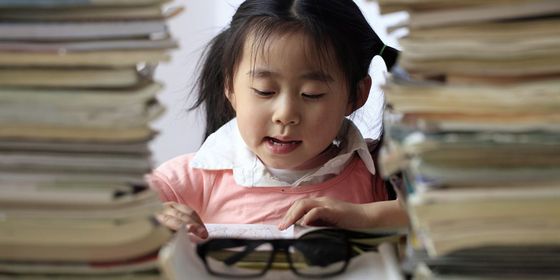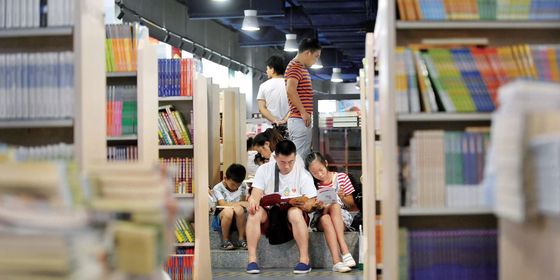Informally adopted children face a host of problems as adults
K News never expected the backlash: On December 3, the Shanghai Media Group’s streaming platform aired a sentimental appeal by an aged mother, begging her estranged son to return her calls. Instead, the clichéd-seeming campaign accidentally exposed the fraught business of “informal adoptions.”
Against weepy background music, the mother had complained about a recent stroke, but it transpired her 35-year-old son, given the alias “Mr. Zhang,” wasn’t consumed by work or cold-heartedness. He’d been given away at the age of 1 for another family to raise—one of hundreds of thousands of Chinese children adopted outside legal channels each year. A 2014 investigation by Southern Metropolis Daily estimated that 50 percent of adoptions in Dongguan, Guangdong province, alone, were unofficial.
Historically, informal, “private adoption” (私自收养) or “folk adoption” (民间收养), was common practice among large agrarian households due to poverty. Families occasionally paid for the adopted child, and the agreement often took place within the extended family—particularly for boys, who were preferred by childless relatives to perpetuate their lineage. Indeed, the PRC did not pass its first Adoption Law until 1992, making all adoptions prior to this—such as Zhang’s—technically informal.
In response to Zhang’s story, a number of netizens shared similar anecdotes, from their own communities or extended families, of offspring typically given away to avoid running afoul of the state’s family-planning policies (Zhang, for example, was his birth mother’s third son). The Adoption Law requirements, meanwhile, are byzantine: Prospective parents must be childless, and strictures on age, health, education, and other criteria make unofficial solutions increasingly attractive.
As they grow up, however, informally adopted children meet a host of problems, including lack of a household registration (hukou) and legal identity, difficulty registering for schools or even inheriting from their adoptive families. A 1999 amendment did allow these individuals to register under their adoptive family’s hukou if they are blood relations, and adoptive families may also apply for a hukou with a state-run orphanage, so long as authorities determine that the birth family cannot be found. However, it is feared that further simplifications may be abused by human traffickers. “We don’t formalize any [adoptions] that aren’t handled by a state-run orphanage, because it’s much too easy to fake abandonment for a child who was bought,” a civil affairs official in the city of Yancheng told the Shanxi News.
Another Yancheng official warned the law does not protect informal adoptees, or their families, should parents change their minds about the adoption, or demand money down the road. Indeed, netizens suspicious of Mr. Zhang’s mother’s motives for reaching out—particularly the multiple times she mentions his annual income of 550,000 RMB—are already warning him: “Don’t give a penny, or this family will bleed you dry.”
‘Private’ Parenting Goes Public is a story from our issue, “Home Bound.” To read the entire issue, become a subscriber and receive the full magazine.












